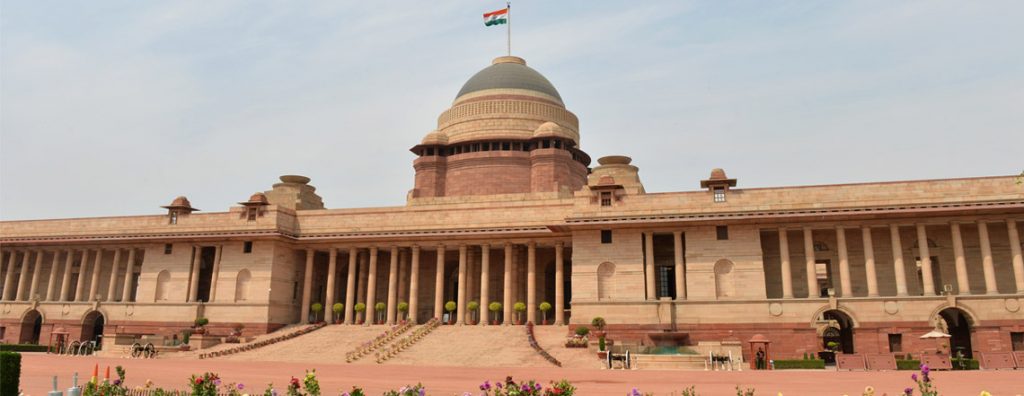
The Electoral College system has been the talk of the town for a long time now. The United States of America is one of the largest countries following the Electoral College. Other countries such as Burma, Burundi, Estonia, India, Madagascar, Pakistan, Nepal, etc. also make use of this system to elect their presidents, vice presidents or government representatives. The U.S Electoral College system departs from its basic principles of democracy which is one of the reasons why other democratic countries have failed to adopt it for critical elections. Anyone familiar with the working of the political system of the United States shall know what an electoral college is.
More specifically as a system, it has been questioned time and again. The outcome of the last presidential election, Donald J. Trump winning against Hillary Clinton, made the world question as to how this transpired. Though surprisingly Donald J. Trump got almost 2.9 million votes less than that gained by Hillary Clinton, he was the one who was the elected President, taking over the White House, a direct reason behind this being the Electoral College for Presidential elections.
What is an Electoral College System?
The Electoral College is a system where people vote for representatives who would in turn vote for the President. It is an indirect system of voting. This is the basic concept on which the system functions. However, each country which uses this system, and they have evolved it and adapted it in their unique way.
In India, Article 54 and Article 55 of the Constitution of India governs the process of electing the President.
Article 54 – The President shall be elected by the members of an electoral college consisting of— (a) the elected members of both Houses of Parliament; and (b) the elected members of the Legislative Assemblies of the States.
Article 55 specifically talks about the electoral college and who it would consist of. Owing to the 42nd Amendment extended by the 84th Amendment, the population used this for voting even today, is that of 1971 and would continue till 2026.
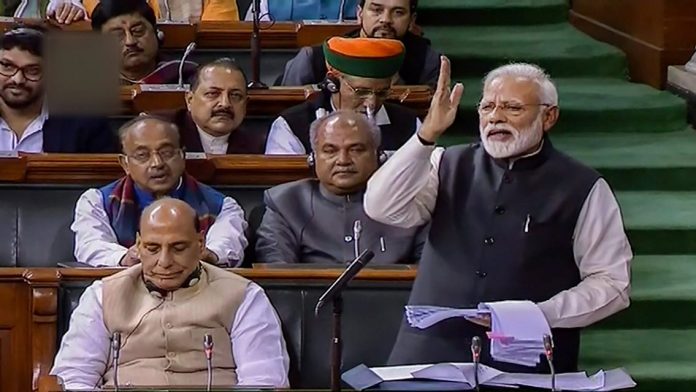
Article 55 of the Constitution deals with, the value of the votes cast by the elected member of both houses of the parliament and the state legislative assemblies. This formula followed to determine the number of votes held by an MLA or MP is:
Value of an MLA vote= Total Population of the State or Union Territory / Total Members Elected of the State Legislative Assembly x 1000
Value of an MP’s vote= The sum of vote of elected members of all the State Legislative Assemblies / The sum of elected members of both the Houses of Parliament
As can be seen from above, MLAs from different states do not have the same value to their votes. These votes cast by the MPs and MLAs are then calculated and based on them, the President of India is chosen. In India, however, with the use of secret ballot for voting, the anti-defection laws would not be applicable. This means the MLA or MP can vote according to their personal choice and therefore, the party’s support cannot be taken for granted.
The Electoral College is a system introduced by the United States Constitution wherein the voters from each state indirectly vote through a body of electors formed every 4 years, the sole purpose being, electing the President and Vice President of the United States. An absolute majority of 270 votes out of 538 total votes is required to win the elections. Article II, Section 1, Clause 2 of the United States Constitution governs the working of this electoral system. According to this provision, the total number of each state’s electors is equal to the sum of state’s membership in the Senate or House of Representatives to enable equal representation from the smaller states like Iowa, Michigan, Nebraska, etc., during the elections.
The focus of the Electoral College is to ensure every state an equal representation, which has over the years proved to be effective in terms of providing equal opportunity. The electoral system though largely appears efficient; it needs a fair share of repairs to be able to fit well with modern politics.
Is Electoral College Relevant or Outdated?
The question, whether electoral college is a reliable way of electing the President arises as there are occasions wherein the President elected by the body of electors differ from the one who got the popular vote. A recent example of this is the election of Donald Trump over Hillary Clinton, who had more popular votes. This, however, is not unique nor the first time in the history of the United States elections that a candidate with less popular votes has taken the office, it has happened for a total of four times before, that is in the years, 1824 ( John Quincey Adams won over Andrew Jackson), 1876 ( Rutherford B. Hayes won over Samuel Tilden), 1888 ( Benjamin Harrison won over Grover Cleveland) and 2000 (George Bush won over Al Gore).
One can argue that the Electoral College is an effective system because the Founding Fathers thought that it was the best method to choose a President as the decision of choosing the President could not be handed over to anyone or group, either of the population or representatives, as this would create a bias, leading to discontent and general unrest. If given to the people, the questions of how informed the citizens are to make this decision arises. If given completely to the Congress, then there would be a risk of the system getting corrupted. Another reason was that the states possessing a larger population would have undue influence, tilting the choices in their favour.
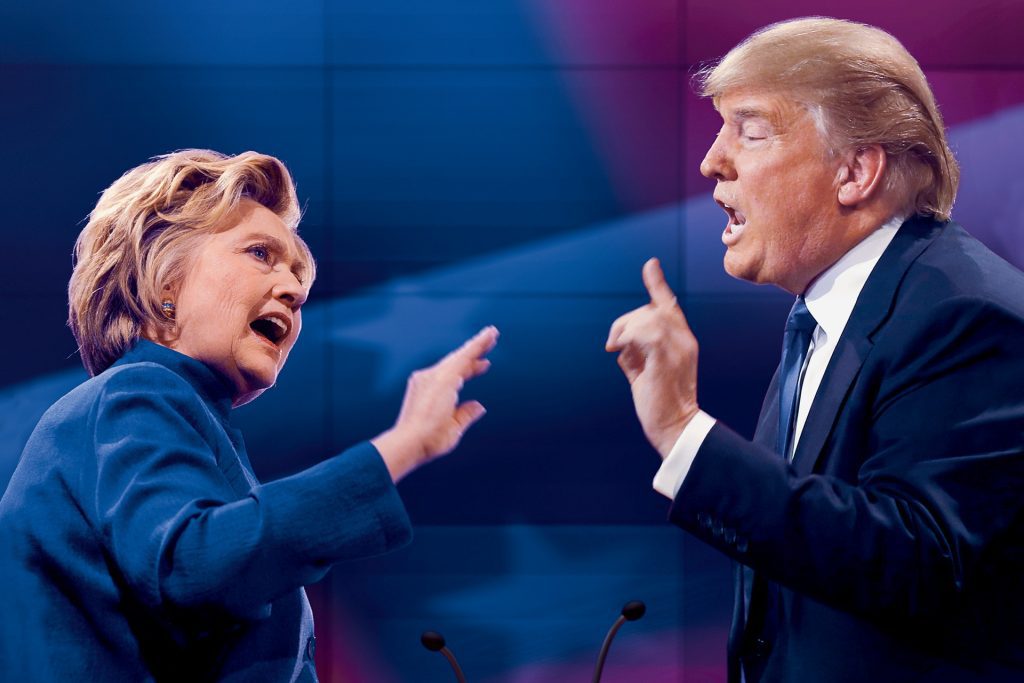
In contrary to this point, one can argue that the reasons on which the Founding Fathers based the Electoral College are of limited relevance in the present era. Today, due to technology advancement, superior digital connectivity, improved, and easy access to resources (local and global) such as information, education and communication, the voters are better equipped with current political, economic and other relevant information making them empowered to make informed decisions. In addition, due to the current trend of the political parties having a strong influence, the state elected representative is forced to follow the party dictates, regardless of their individual opinion.
The advantage of the Electoral College is that it gives an equal opportunity to all the parts of the country so they can be involved in selecting the President of the United States. If the popular vote is given importance, then the parties would focus on campaigning only in the heavily populated states and ignore the smaller states. For the Electoral College, parties need votes from all states and therefore, the focus is national and not state specific.
It is to be noted that the Electoral College does give importance to the ‘swing states’ which means that the result of the election can be decided by a handful of swing states. There are states which are party-specific, like California for Democratic Party and Indiana for Republican Party, leaving only a handful states which could swing either way. The recent presidential election is a blaring example of this, wherein 90% of the campaigns made by both the candidates were in these 11 ostensible battleground states.
The Electoral College guarantees a certainty to the Presidential Election outcome; the electoral process creates a larger mandate which gives the President more reliability. Further, on 6th July 2020 in the case of Chiafalo v. Washington the Supreme Court of US with an absolute majority decided that the State has the right to force their representative to vote for that candidate the State has pledged to support and if this faith is broken by the representative, they can be punished for the same.
It has occurred only five times in the United States history that the candidate with a less popular vote has been elected President, demonstrating that the system is still working. However, it can be debated that the Electoral College overlooks the will of the people (300 million people in the United States) favouring just 538 people who get to vote and decide who will be the President.
The debate on the Electoral College in the United States is never-ending; having a Presidential form of government, their process of electing their President is a topic of national importance. However, it is different in India as it has a parliament form of Government and the Electoral College is used for selecting President and India has not seen any major controversy related to the election of President. The main reason behind it could very well be that it is the Prime Minister who leads the country while the President is merely a figurehead.
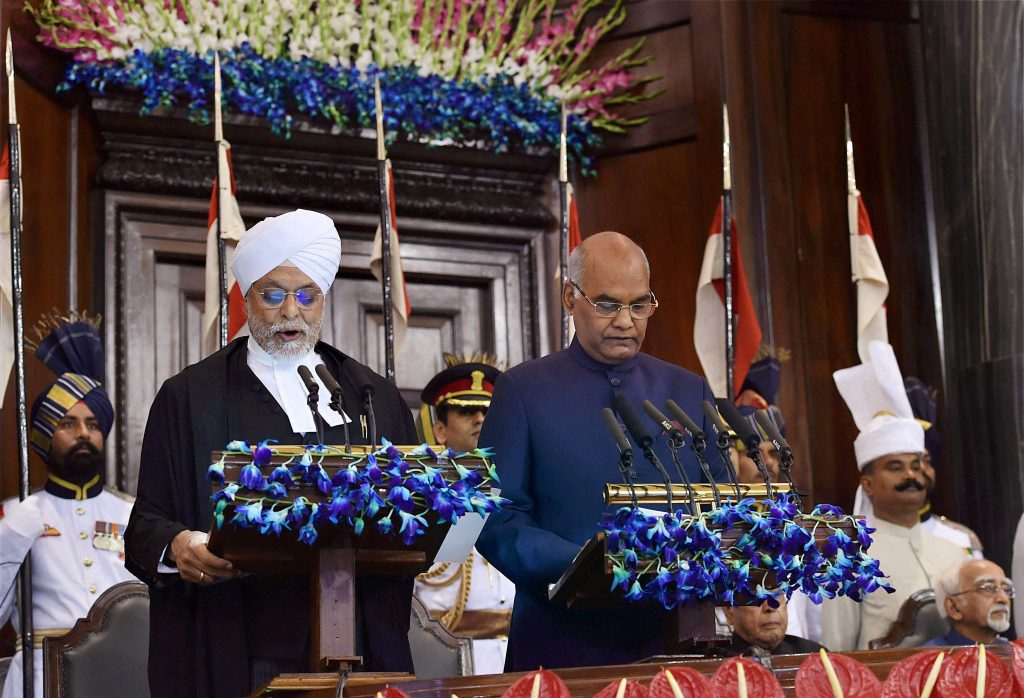
During the making of the Constitution of India, the Constituent Assembly debated on the then draft Article 43 (currently Article 54 of the Constitution of India) which revolved around an amendment to base the presidential elections on adult franchise. The member opposed the draft article on the basis that the will of the people is not being represented completely. The Chairman of the Drafting Committee highlighted the problems in this amendment. He stated that the size of the electorate was too large, and it would be too difficult to conduct a presidential election based on adult franchise. Further, direct elections would cause several administrative issues such as bribery, election manipulation and corruption. Lastly, he pointed out that the President in the Indian Constitution is only a figurehead, it is not necessary to have an election based on adult franchise for it.
Conclusion
The effectiveness of the Electoral College system is country-specific. Though it seems to be working reasonably well as a system for choosing the President in India, the same cannot be said about all the other countries. It is exceedingly difficult to give a generalized opinion on the effectiveness of the electoral system as it is unique to each country making use of it. A country-specific study of the working of the electoral system would be appropriate to understand how effective the Electoral College has proved to be for that country.
In the last two decades, in the United States, during two elections, the candidate who won the Electoral College had lost the popular vote. However, over the past numerous decades, the electoral college system appears to have worked well, as 53 times out of 58 elections the President elected won both, the popular vote as well as the electoral college vote, contrary to the recent trends of last two decades. Can this be interpreted that the electoral system, which is in existence for an exceptionally long time, is now failing to maintain the objective it originally set out to meet?
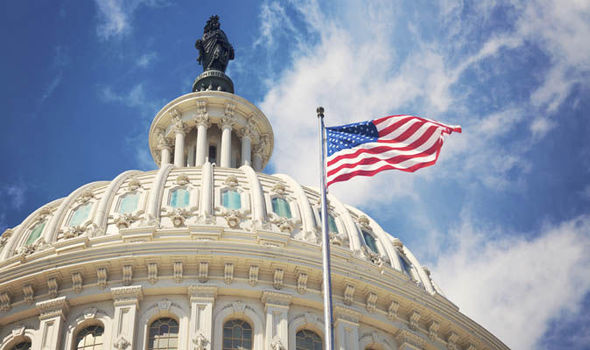
The Electoral College like any system has its advantages and challenges. This does not mean that the system has failed, but simply means that a few adjustments may be required, considering the development over the years, to make the system work better in the present time. The recent Supreme Court judgement indicates that steps are being taken to mend the flaws in the system.
Yes, the circumstances under which the Electoral College was brought about were different; however, as with all laws, this too must evolve and adapt, amend with the changing time. If the condition remains the same and the will of the people is not adequately represented, then a decision about the effectiveness of the law must be made. Till date, the trend seems to be in favour of the Electoral College in the United States. Therefore, though the Electoral College can do with some changes it cannot outrightly be called an out-dated system.
The effectiveness of the Electoral College can be seen over the years. A decision to amend it or replace it with another system can be made when it amply demonstrates that it has failed to hear the voice of the nation. Rather than forming an opinion, it may be prudent to observe the system over the next few elections, review the challenges, contemplate change and make amends as required based on facts and evidence over the next few elections.
Editor’s Note:
Electoral College is a system where people elect representatives who vote for the president to be elected, this is the representation by people on behalf of a state, and it is most commonly practised in the USA and other countries including India. The Indian constitution has embedded the system of Electoral College to be followed, in article 54. The article talks about the relevancy of the system at the present time where now people are well aware of having their own political views and does not need a representative to represent them. Moreover, it also talks about how it is important in the US and not important in India as the president in India is just a figurehead and the country is run by the Prime Minister.